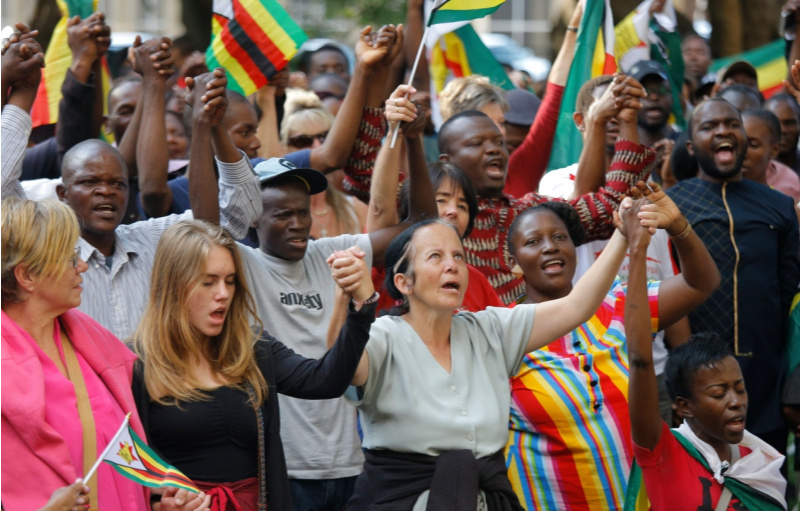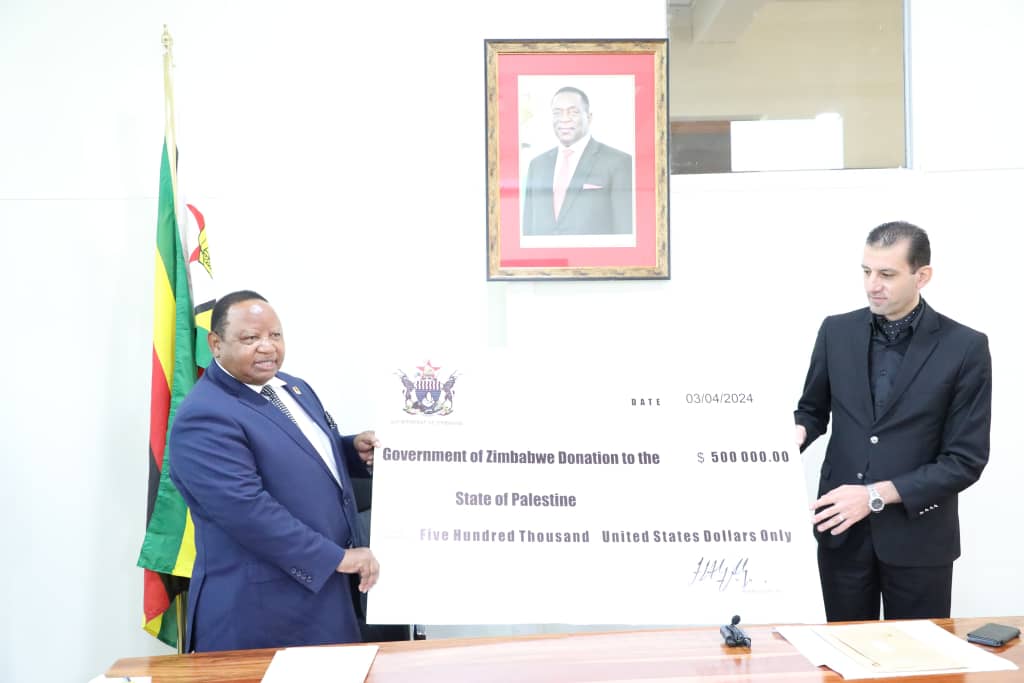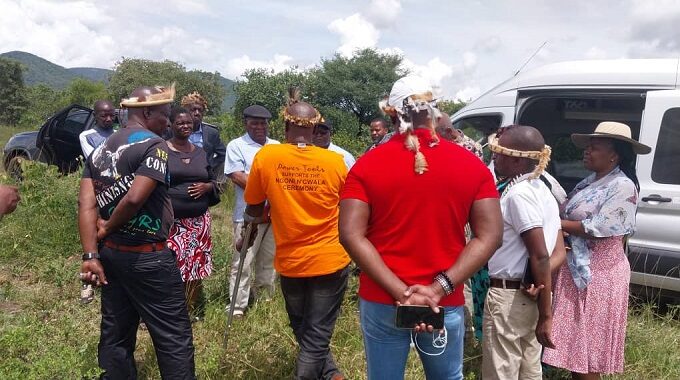
Cabinet has directed the national statistics agency to conduct the national census next year instead of the planned 2022, which would have been held close to the general elections in 2023.
The population census is set to gobble US$85.5m.
ZimStat general manager Taguma Mahonde confirmed that the census would be conducted next year and that the statistics agency had already re-aligned its activities in accordance with the new dates by increasing the number of teams currently involved in the mapping exercise.
“The mapping programme is the foundation of the enumeration programme and we have had to re-adjust our work on this programme hence when we started we had 14 teams covering the whole country and these have been increased to 42 teams,” he said.
The national population census is census is a constitutionally mandated procedure, which occurs after every ten years. The last one was held in 2012. Oftentimes, individuals do not think of a census having a direct effect on elections, but it does. At its most basic level, a population census is needed simply to determine how many people there are in the country and where they live. Secondly a census, especially with information on demographics, provides an important statistical snapshot of the population that can be used for planning purposes. However, for election purposes it provides the context for events such as redistricting and voter targeting.
University of Zimbabwe lecturer and political scientist Eldred Masunungure said while results of any census would not be available with two years, bringing the exercise forward could be a political decision made with the 2023 harmonised elections in mind.
“While all cabinet decisions are political in nature, there are also political because there are made by and for people who wield political power and for their interests.
“A census is a technical process which is often preceded by a political decision whose implications can never be under-estimated.”
In a not so recent chat with Tambarara (https://vimeo.com/291856319), Zimstat chair Doug Hoto said that there is a general lack of understanding of the country’s population patterns and it is only through an organised structure from a cell level that political parties would be able to understand the dynamics.
He said the Zimbabwe election landscape consists of 68,4 percent rural and 31,6 percent urban voters and the population figures should ideally assist in election targeting. It is the rural dynamics mostly that the political parties need to understand.
“One interesting thing that happened in 2018 unlike the previous years, Uzumba Maramba-Pfungwe (UMP) was not the top voter and UMP used to be one constituency but its divided into two and the votes there were around 21 000 and the biggest single vote for the President was in Chiredzi North at 33 000 against 3 000 for the rest of the opposition.
“But to start with, you need to see how many people are in Chiredzi District as a whole. Many people think this district is a small place and they think Triangle is in Chiredzi District and yet the District starts from where Bikita ends, up to the Malipati Barder post and up to Ngundu to Save River. Chiredzi had 301 000 people at the last census count, so if you divide it into four constituencies it means a constituency has an average 75 000 and if you take adults who are about 50 percent of the people then you know you have at least 37 000 voters in a constituency,” said Hoto.
He noted that despite the excellent performance by Chiredzi District, Hurungwe remains the biggest district in terms of population in Zimbabwe with 350 000 people.
Meanwhile, Magonde said that Zimstat was undergoing a restructuring exercise, which has resulted in some of the directors and managers being stripped off their titles. This had heightened reports of low morale among staff at a time the organisation has to carry out a key programme such as the national census.
Mahonde said low morale among Zimstat workers was expected although the restructuring exercise was part of recommendations the council made to Treasury.
“Any organisation needs to restructure in order to achieve its goals but this is just a pending proposal which has yet to be approved by Treasury.
“The fact that workers are concerned about the restructuring is not a problem because it is a positive move that is meant to attain certain goals within the organisation.
“We cannot not celebrate that morale is high among the workers because of decadence hence the need to go through the restructuring programme,” he said.






